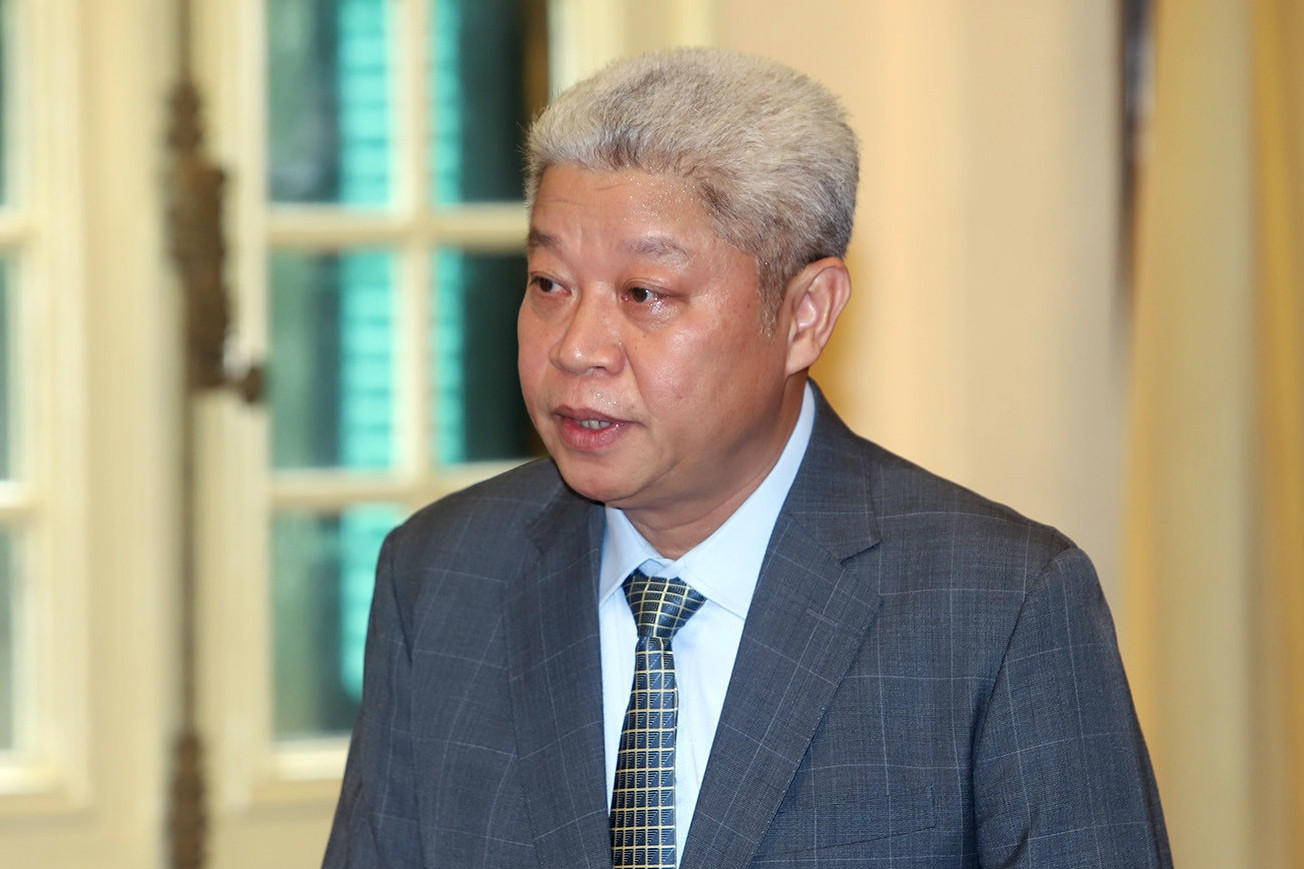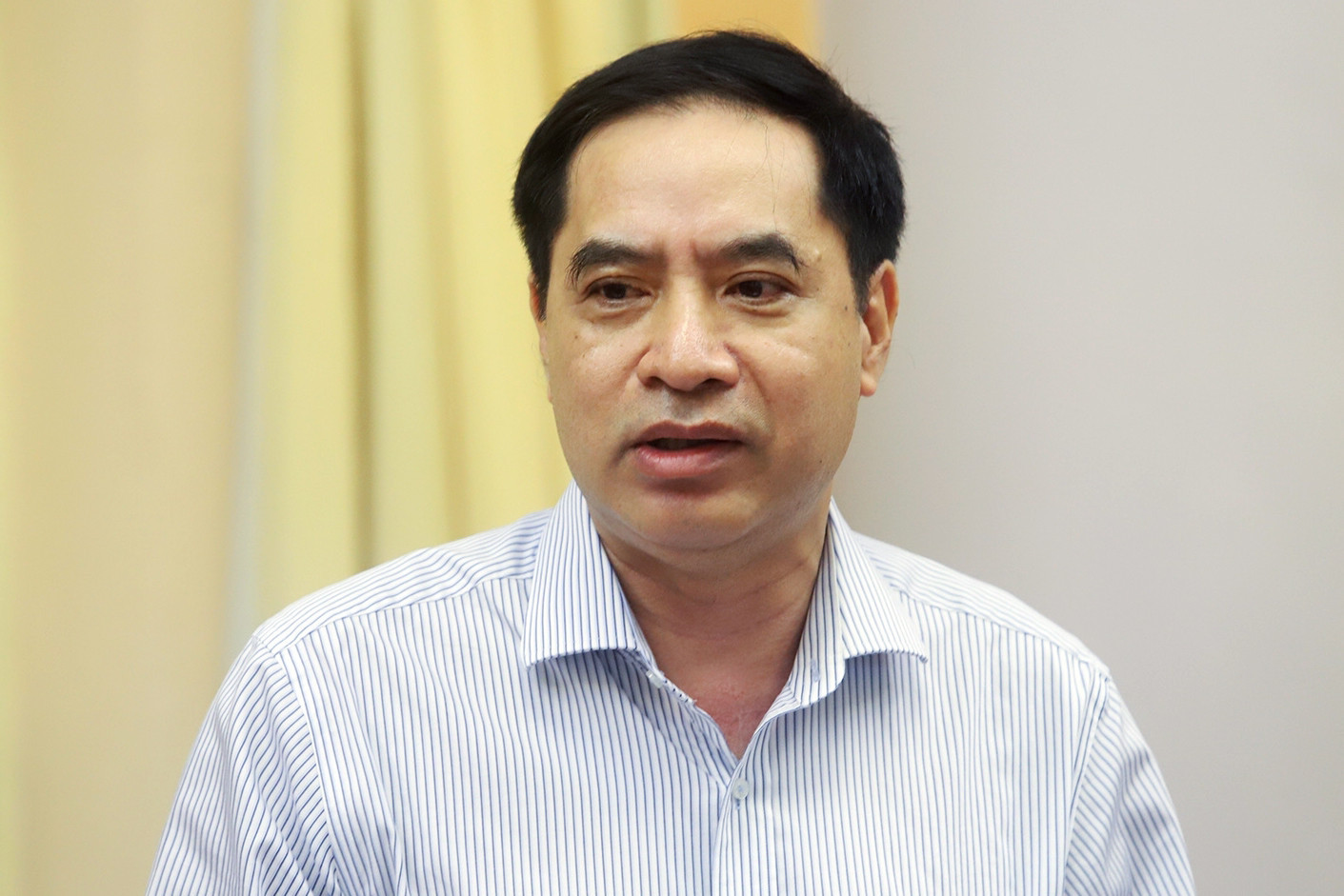At the press conference, when asked if the new law would help reduce unemployment, Vu Trong Binh, Director of the Department of Employment, stated that unemployment is influenced by various factors, including economic growth, regional and local economic restructuring, international trade relations, demographics, and microeconomic policies. Employment policy is just one factor affecting the unemployment rate.
According to Binh, the purpose of the new Employment Law is to improve the labor market framework, aiming to make the labor market one of the country’s macroeconomic balances, as affirmed in Government Resolution 56.
“Ten years ago, investors rarely asked about labor availability when considering local projects. Today, in addition to land and investment procedures, the first question investors ask is whether there is a sufficient labor supply. This is a key factor in their investment decisions,” Binh noted.
A significant provision of the law involves labor registration. All Vietnamese workers aged 16 and above will be registered and linked to the national population database, forming the foundation for a national labor database. This will enable accurate labor market forecasting, such as estimating the number of employed and unemployed workers in the next five years. The database will allow real-time analysis and monitoring of the labor market.
While the General Statistics Office conducts quarterly labor surveys using sample methods for periodic socioeconomic planning, this labor database will be "clean, live, and real" to support the labor market's daily and hourly operations.
The Ministry of Home Affairs is tasked with piloting a national employment exchange platform, expected to launch in September. This platform will help connect businesses with job seekers. Private companies with employment data may also integrate with this system for synchronization.
Currently, most labor connections are conducted manually or via individual software systems, lacking the sophisticated integration seen in other countries.
The amended law introduces major changes regarding vocational skills. Workers who train independently or through practice will be recognized if they pass skills assessments. Currently, around 1 million skilled workers lack formal vocational certificates. Expanding recognition of practical skills will encourage self-learning and training. Certified individuals will likely see increased wages and income.
The Ministry of Home Affairs believes that if properly implemented, these changes will significantly improve workforce quality through self-directed learning.
Tran Thuong

